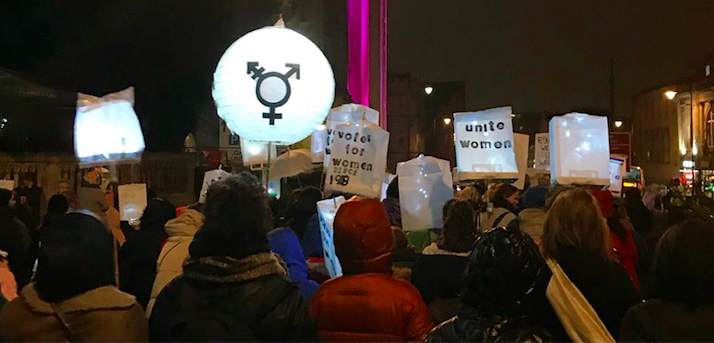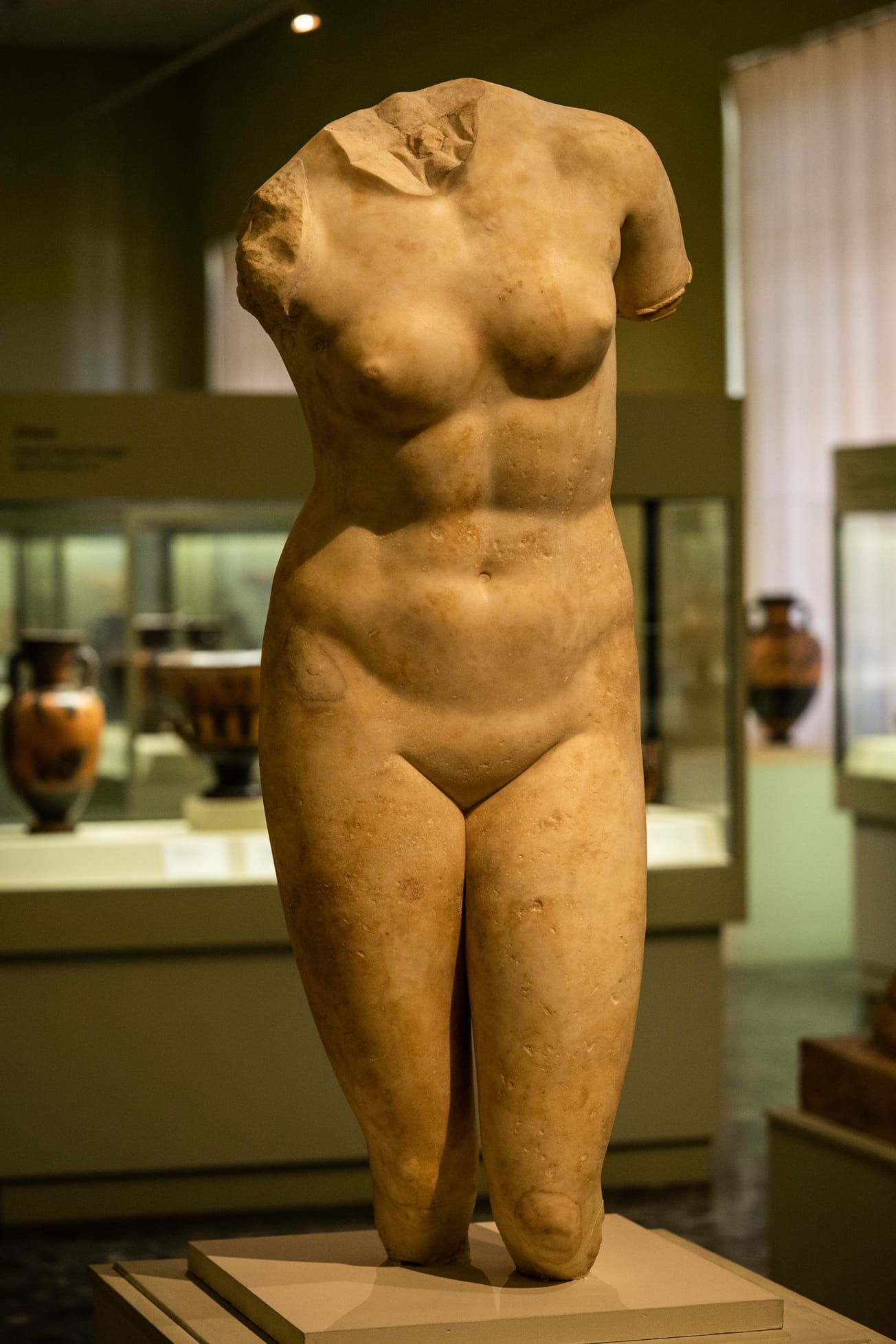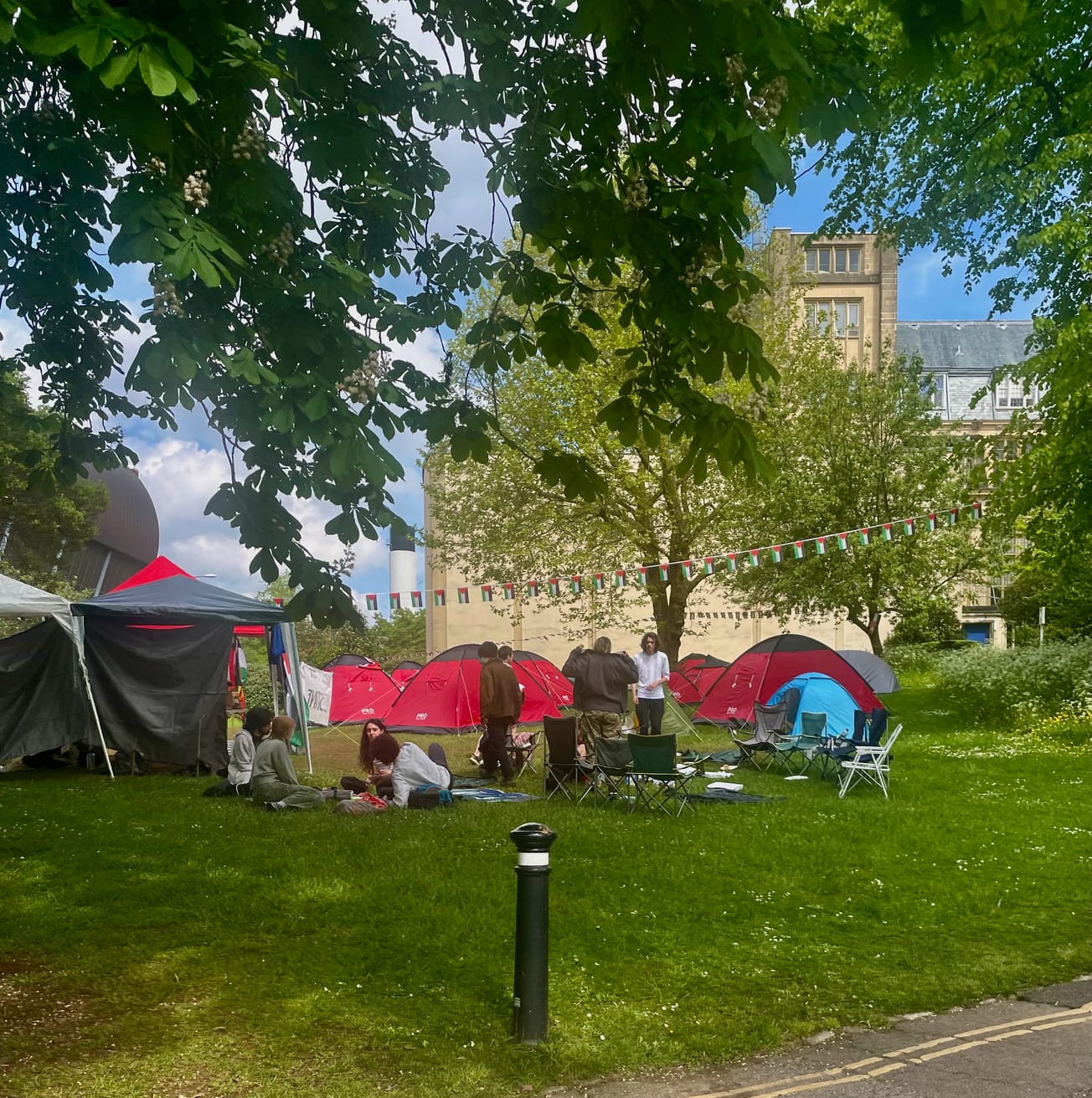Feminism is back in fashion, but are the two truly compatible? Alex Boulton investigates...
In the current volatile climate, women’s rights are high on the agenda. It is reported that 2.5 million people took to the streets globally on the 21st January 2017 to march in solidarity with those in Washington protesting President Trump’s inauguration. In this context, it is key to look at a typically gendered industry, the fashion industry, with a feminist perspective. It’s an industry that affects all of us, through the clothes on the high street to the prosperity of the industry and the jobs it provides.
I’m a thorough believer in the idea that everyone who believes in equality should be a feminist. But is fashion compatible with the ideas of empowerment, inclusion, respecting diversity and supporting other women I see as key to feminism?
It is an industry where worth is based on appearance when women have so much more to offer. It can be argued that the industry promotes a certain standard of beauty, one that appears almost exclusively on the catwalks and on the pages of glossy magazines. The fashion industry is the epitome of exclusion, infamous for being hard to get into. Skinny is still in vogue. Many model agencies have appearance requirements, typically where models have to be taller than 5’9” and have a waist between 22”- 26”. Images of slim, tall, white models hardly represent the average female, while ridiculous sizing on the high street promotes an unrealistic body image for many women. Individuals such as Karl Lagerfeld calling stars such as Adele ‘a little too fat’ just reinforces these beauty and body ideals.
There are numerous reports of fashion images leading to eating disorders and suicide from this normalization of a body type that is impossible for many women to achieve. Stars such as Zendaya have spoken out about magazines photoshopping their shoots. What sort of message is this level of manipulation sending out to impressionable young girls?
There is no such thing as a normal body. Nobody should be shamed for their body, whether it is slim, curvy, black or white. I do not support critics labelling catwalk models as unhealthily skinny, or ‘pre-pubescent’ as the Daily Mail eloquently puts it, as surely this is still a form of body shaming. I don’t think a ban on ‘skinny’ models is the answer. It’s impossible to look at a woman from a picture and deem if she is unhealthy or not and to ban models of this body type simply demonizes this body type. What I do think is important, however, is that the catwalk and magazine imagery should represent all body types. Young girls should be exposed to a myriad of different bodies, which would make them more accepting of where their body falls. Beauty comes in many forms and the fashion industry should embrace this.
Maybe the fashion industry is starting to get away from all of this. There is a new breed of models out there, one where personality is just as important as physical appearance. There is certainly a growing demand for plus-sized models, as can be seen by Ashley Graham’s recent Vogue cover alongside other models such as Gigi Hadid and Kendall Jenner.
This brings us to another issue - the one of fast fashion. With brands scrambling to match catwalk and celebrity trends first so they are accessible to all, turnaround has to be increased and prices have to drop. This means the increasing attractiveness of outsourcing production overseas, with cheap prices often taking a knock on effect on wages. In fact, the Fawcett Society’s ‘This Is What A Feminist Looks Like’ t-shirts are alleged to have been made in a Mauritian factory, using a predominantly female workforce who earn less than the minimum wage and work in appalling conditions. Note the hypocrisy. Surely the message of feminism should extend to equality for women across the world, not just those in the West who can afford these t-shirts? In many clothes’ factories across the world, female workers earn less than men, experience sexual harassment from supervisors, and face discrimination such as forced pregnancy testing and deductions for menstrual leave.
We need to think about gender equality in a global context. Surely fashion is not feminist if it exploits women in third world countries to provide us with clothing so we can have it cheaper?
It’s clear the fashion industry still has a long way to go, especially in terms of model diversity and the ethics surrounding clothing production. It is not sufficient to solve one social problem by sacrificing another. Of course, it is possible for a woman to love fashion and be a feminist. Fashion should not be seen as a frivolous interest, and the women who work in the industry should not be seen to have betrayed their sex. Feminism should mean that women should be free to engage in whatever occupation that interests them. Ultimately, fashion and how we choose to present ourselves is a form of self-expression. We should be allowed to wear what we want, whether this is following trends and catwalks or choosing a more individual style, without fear of judgement.
(Featured Image Epigram / Nikki Peach)
Do you have an opinion on the links between fashion and feminism? Let us know:









